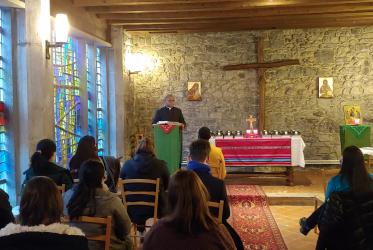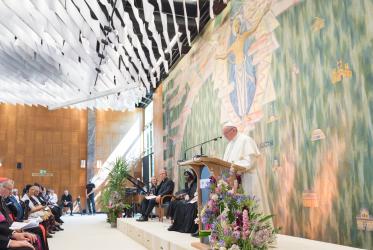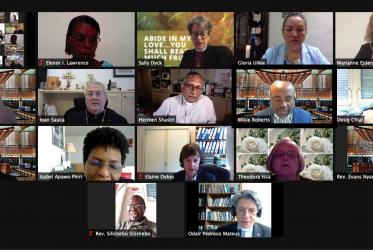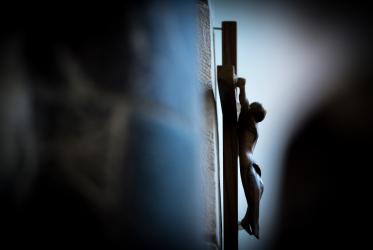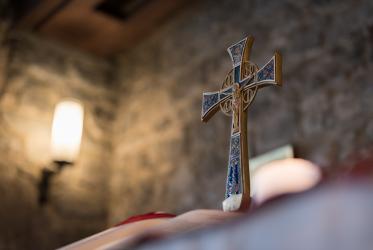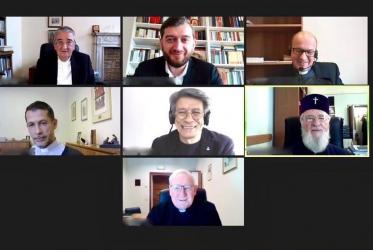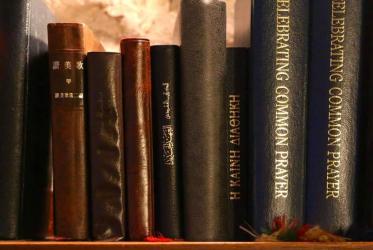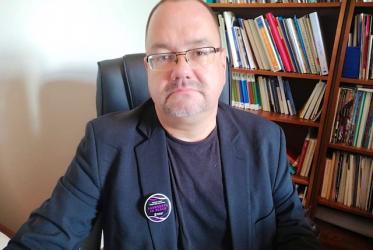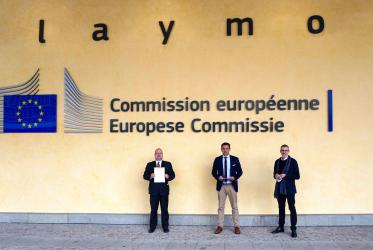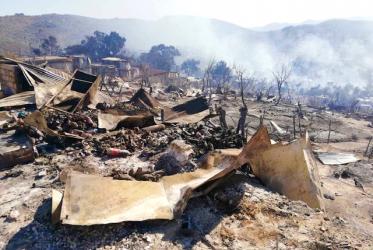Displaying 61 - 80 of 321
01 February 2021
Bilateral dialogue “an activity of the churches themselves”
29 October 2020
Webinar - "The role of bilateral dialogues within the one ecumenical movement: experience and results"
27 October 2020
https://www.oikoumene.org/live
Ecumenical statement on migration received by European Commission
25 September 2020


